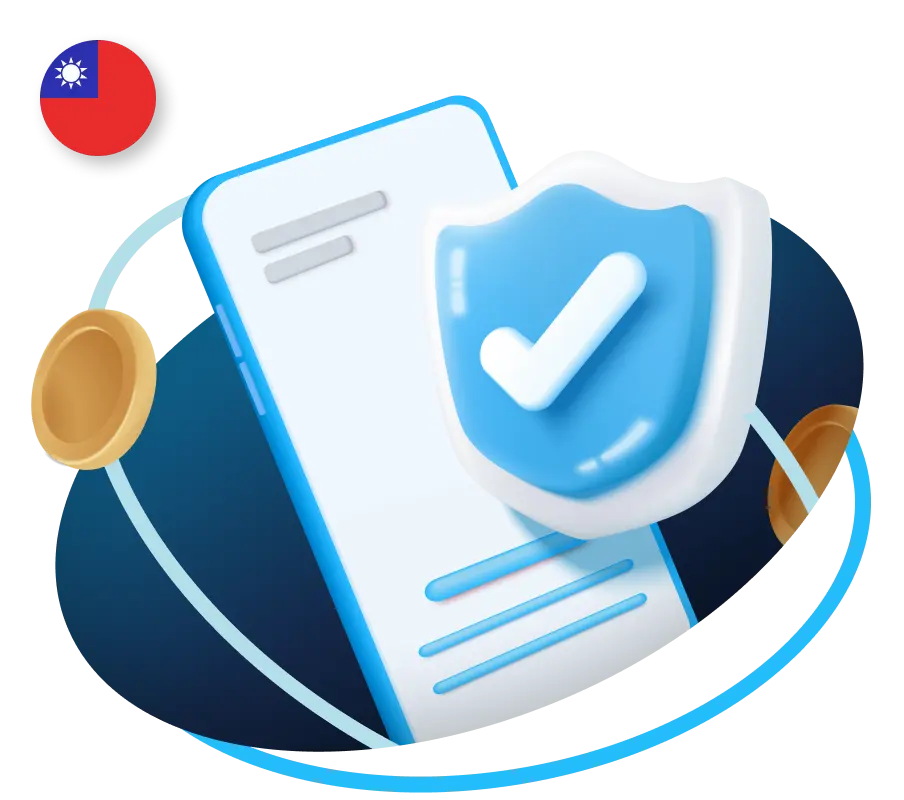Mandatory Employee Benefits in Taiwan
Labor Insurance
In Taiwan, employers are required to enroll employees in the Labor Insurance scheme. This program provides coverage for work-related injuries, medical benefits, and pensions. Employers contribute 70% of the premium, employees contribute 20%, and the government covers the remaining 10%. This ensures a balanced and comprehensive social security system, supporting employees’ long-term health and financial security.
National Health Insurance (NHI)
Taiwan’s National Health Insurance (NHI) is a mandatory, government-run healthcare program that covers almost all medical services. Both employees and employers contribute to the NHI premiums, with employees typically contributing 30% and employers covering the remaining 60%. Ensuring timely contributions is essential for compliance and helps provide employees with access to Taiwan’s renowned healthcare services.
Pension Scheme
Under Taiwan’s Labor Pension Act, employers must contribute at least 6% of employees’ monthly salary to a retirement pension fund. This contribution is mandatory for employees under the new pension system, ensuring that workers have access to a secure retirement plan that is managed by the government.
Non-Mandatory Employee Benefits in Taiwan
The most common non-mandatory benefits in Taiwan.
Health Insurance (Supplementary)
While the National Health Insurance system covers most medical expenses, many companies in Taiwan offer additional health insurance coverage for employees and their families, particularly for non-work-related accidents and hospitalization. This supplementary insurance can cover treatments that aren’t fully paid for by the NHI, providing an extra level of security.
Per diem
Companies often provide daily allowances for employees who travel for work. This per diem covers meals, accommodation, and transport, with the exact amount varying depending on the travel destination and the company’s internal policies.
Additional holiday
Most companies give employees 14 to 20 days of additional paid vacation yearly.While Taiwan’s Labor Standards Act guarantees a certain number of paid leave days, some companies go above and beyond by offering additional paid vacation time. Employees can typically expect between 7 to 14 days of annual leave, depending on their years of service and company policies.
Stock options
Offering stock options is a common practice in Taiwan, particularly among tech companies. This allows employees to purchase company shares at a predetermined price, offering them the chance to benefit from the company’s success and growth.
Bonus
It is common for companies in Taiwan to offer annual performance bonuses. These are often linked to individual performance and the overall financial performance of the company. During Lunar New Year, employees may also receive an additional “13th-month” bonus as a goodwill gesture.
Relocation package
For companies that hire international talent or require employees to relocate, relocation support is frequently offered. This can include covering the cost of airfare, housing, and other necessary moving expenses, easing the transition for employees and their families.
Life Insurance
Many companies in Taiwan provide life insurance benefits, particularly for senior employees. This coverage helps ensure that employees’ families are financially protected in the event of death or disability.
Visa sponsorship
Many Taiwanese companies, particularly in the tech sector, are keen to attract international talent. They may offer visa sponsorships for skilled workers, enabling them to work legally in Taiwan and contribute to the local economy.
Flexible working
As remote working becomes more popular globally, many companies in Taiwan offer employees flexible working arrangements. This could include work-from-home options or flexible office hours, providing a better work-life balance.
Hardware
Companies often provide necessary tools and equipment for employees to perform their jobs, including laptops, mobile phones, and other technical gear. In the tech industry, this is especially common as a means of ensuring employees have the latest technology for their work.
Career Development
Taiwanese companies are increasingly prioritizing employee development by offering opportunities for learning and growth. This can include in-house training, external conferences, and subscriptions to learning platforms, ensuring that employees remain competitive and motivated in their roles.
